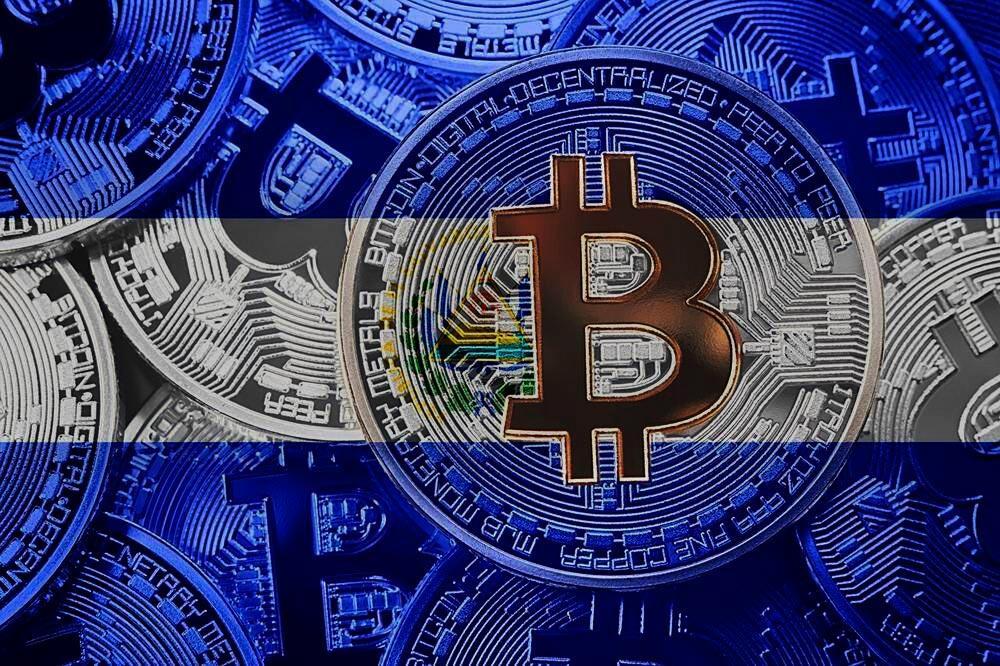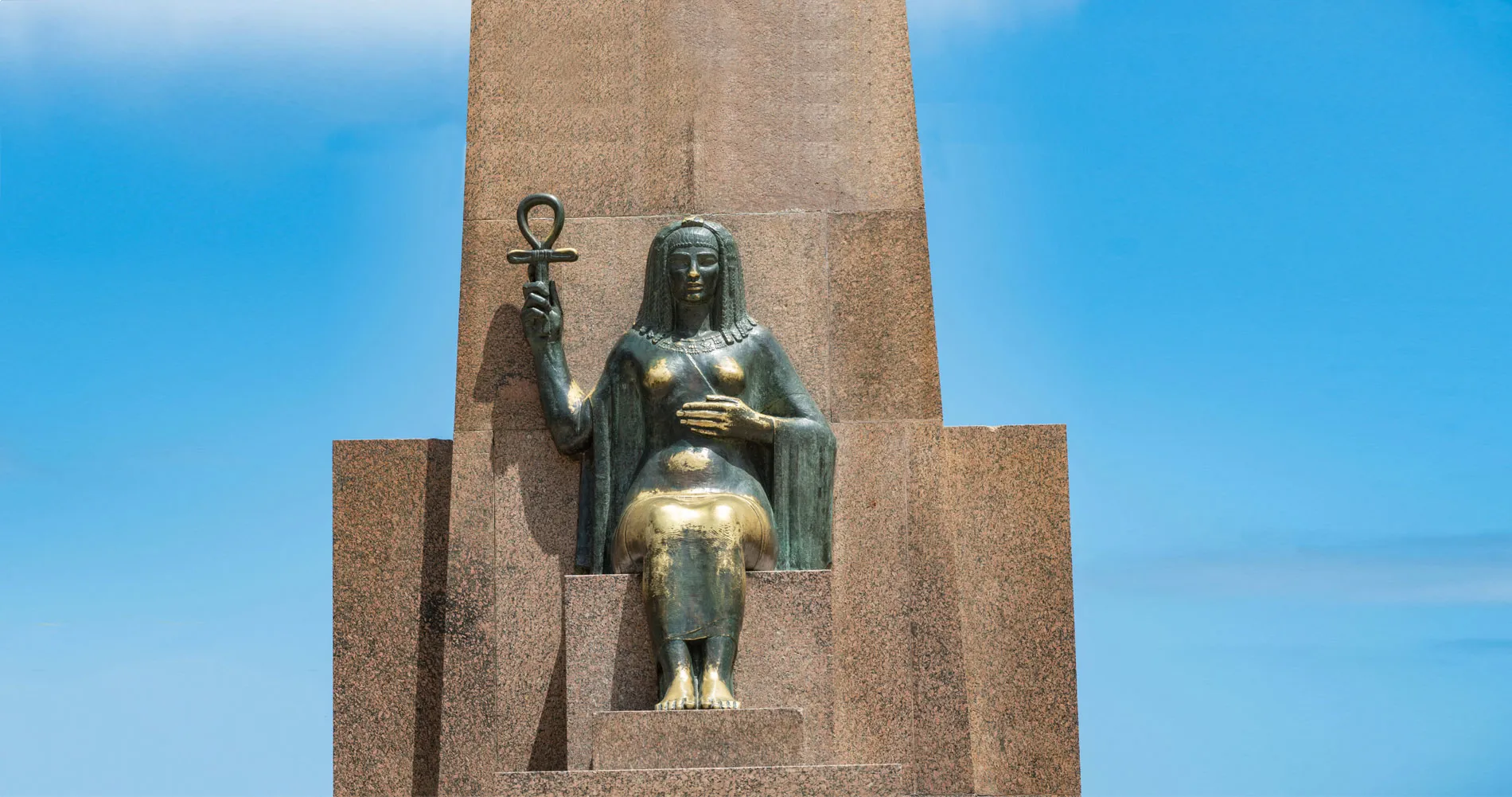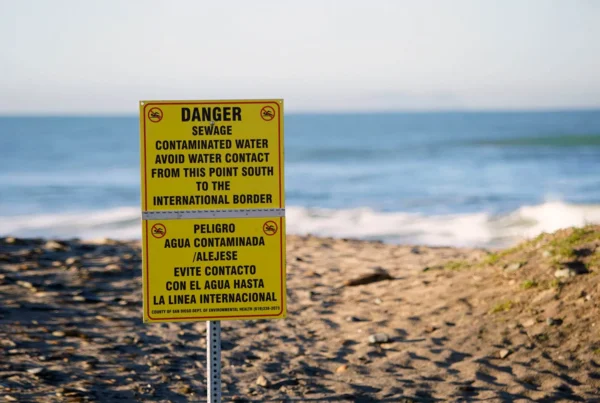By introducing Bitcoin as its national currency in the fall of 2021, El Salvador has set a global precedent. Six months into this revolutionary experiment, trouble could be brewing on the horizon. The IMF has warned of possible consequences for El Salvador’s economy, and the United States remains concerned about the impact this move might have on El Salvador’s financial system. While the outcome of El Salvador’s unique Bitcoin experiment remains uncertain – other countries are quickly following in its footsteps. Today the Central African Republic has followed El Salvador’s example and introduced Bitcoin as legal tender next to the French-backed CFA franc.
Murat Gibadyukov, 27 April 2022
In 2020, El Salvador received nearly USD 6 billion in remittances, which accounted for about 23 percent of its gross domestic product. El Salvador’s young 40-year-old President Nayib Bukele, a supporter of the Bitcoin Law, noted that money service providers such as Western Union and MoneyGram will lose USD 400 million per year in commissions for remittances, owing to the country’s Bitcoin adoption. Under the country’s Bitcoin Law, businesses are obliged to accept Bitcoin in addition to the US dollar – the country’s other official currency – as payment. While announcing the new bill in June 2021, Bukele promised that the cryptocurrency would help Salvadorans send more money home from abroad at lower cost, digitalize the economy, drive investments, and decrease dependence on the US economy and the US dollar. He even announced plans to create a smart city fully based on the use of Bitcoin.
However, the adoption of Bitcoin was not warmly received by the Salvadoran people. On 15 September 2021 – the 200th anniversary of El Salvador’s independence – thousands of people took to the streets to protest the adoption of Bitcoin, which in their opinion would favor big investors and speculators and not the average citizen.
Six months after the Bitcoin Law was passed, little has changed in El Salvador. The government spent USD 180 million of taxpayers’ money on rolling out 200 Bitcoin ATMs and launching the the national crypto wallet Chivo, which citizens can use to pay for goods and services with Bitcoin. Moreover, it purchased USD 75 million worth of Bitcoin on the premise that the volatile cryptocurrency would increase in value. However, the cult of cash remains strong in the country. According to the World Bank, around 70 percent of Salvadorans do not have bank accounts. Furthermore, recent polls in the country show that only about 10 percent of the population understand cryptocurrencies. The mass switch to crypto also excludes those who do not have a smartphone or internet, which is half of the country’s population.
In January 2022, Bloomberg reported that the International Monetary Fund’s (IMF) board urged El Salvador to strip Bitcoin of its status as a legal currency and dissolve the USD 150 million trust fund it created when it adopted Bitcoin, because of its large risks, highlighting a major obstacle for the nation’s efforts to obtain an IMF loan. The IMF’s concerns over Bitcoin’s status in El Salvador could negatively impact the USD 1.3 billion loan that the country has been negotiating since March 2021.
The United States has been concerned about the impact of El Salvador’s Bitcoin Law on its own financial markets. On 4 April 2022, a new bill called the “Accountability for Cryptocurrency in El Salvador” was introduced by Congresswoman Norma J. Torres and Congressman Rick Crawford. In a statement posted on Twitter, Congresswoman Torres said the bill was necessary to protect the US financial system from El Salvador’s “careless gamble”. She argues that “El Salvador is an independent democracy, and we respect its right to self-govern, but the United States must have a plan in place to protect [its own] financial systems from the risks of this decision.” Several US Senators have also remarked on the negative global impact of Bitcoin adoption in El Salvado. Bitcoin as an official Salvadoran currency “opens the door for money-laundering cartels and undermines US interests” and it could “weaken US sanctions policy, empowering malign actors like China and organized criminal organizations.”
While news about El Salvador’s Bitcoin adoption was met with mixed reactions from the international community, it also can serve as an example for other countries aspiring to legalize cryptocurrencies and become more independent of the US dollar.
On 27 April 2022 the Central African Republic (CAR) announced the introduction of bitcoin as legal tender. The resource rich African country is one of the world’s poorest countries and only 4% of its population have access to the internet, which is needed to use any cryptocurrency. Similar to El Salvador, CAR will have two official legal tenders. Some see the introduction of bitcoin as an attempt to weaken the French influence in CAR.
Ukraine recently passed a law that could radically change its economy. On 17 March 2022, Ukrainian President Vladimir Zelensky signed a law “On Virtual Assets,” bringing a huge sector of the economy out of the shadows and creating conditions for the launch of a legal cryptocurrency market in Ukraine.
How different is the case of Ukraine to that of El Salvador? And, are the two countries on completely opposite paths?
Unlike El Salvador, Ukraine is highly digitalized. Despite the war, Ukraine is continuing to digitize all processes in the country – from public transport to the provision of all state services. Simultaneously, the government is trying to provide IT-companies with all sorts of tax benefits and preferences. Another major difference to El Salvador is that cryptocurrencies are extremely popular among Ukrainians. Since 2018, the country ranked in the top 10 countries in the world in the number of cryptocurrency users. At the same time, there are several major crypto-exchanges in the country, as well as many online and offline exchanges. Cryptocurrency advertisements can be seen in buses and trains –cryptocurrency has entered the Ukrainian mainstream consciousness.
The question remains open if Ukraine will follow the example of El Salvador and go as far as to adopt Bitcoin or another cryptocurrency as a legal tender. If one supports the hypothesis that cryptocurrencies will be the global currency of the future, then the answer to this question would be yes. Yet, regardless of one’s answer to this question and in light of the volatile political and security environment in Ukraine and a war which shows no signs of ending, Ukraine needs to assess all the risks associated with such a Bitcoin decision. What is clear from El Salvador’s ongoing Bitcoin experiment is that Ukraine should ideally consult and get consent from its international partners and lenders prior to elevating cryptocurrency to legal tender.
Pioneering El Salvador is setting precedents for other countries and, for better or worse, the true costs and/or benefits to the country and its citizens are yet to be determined.






















